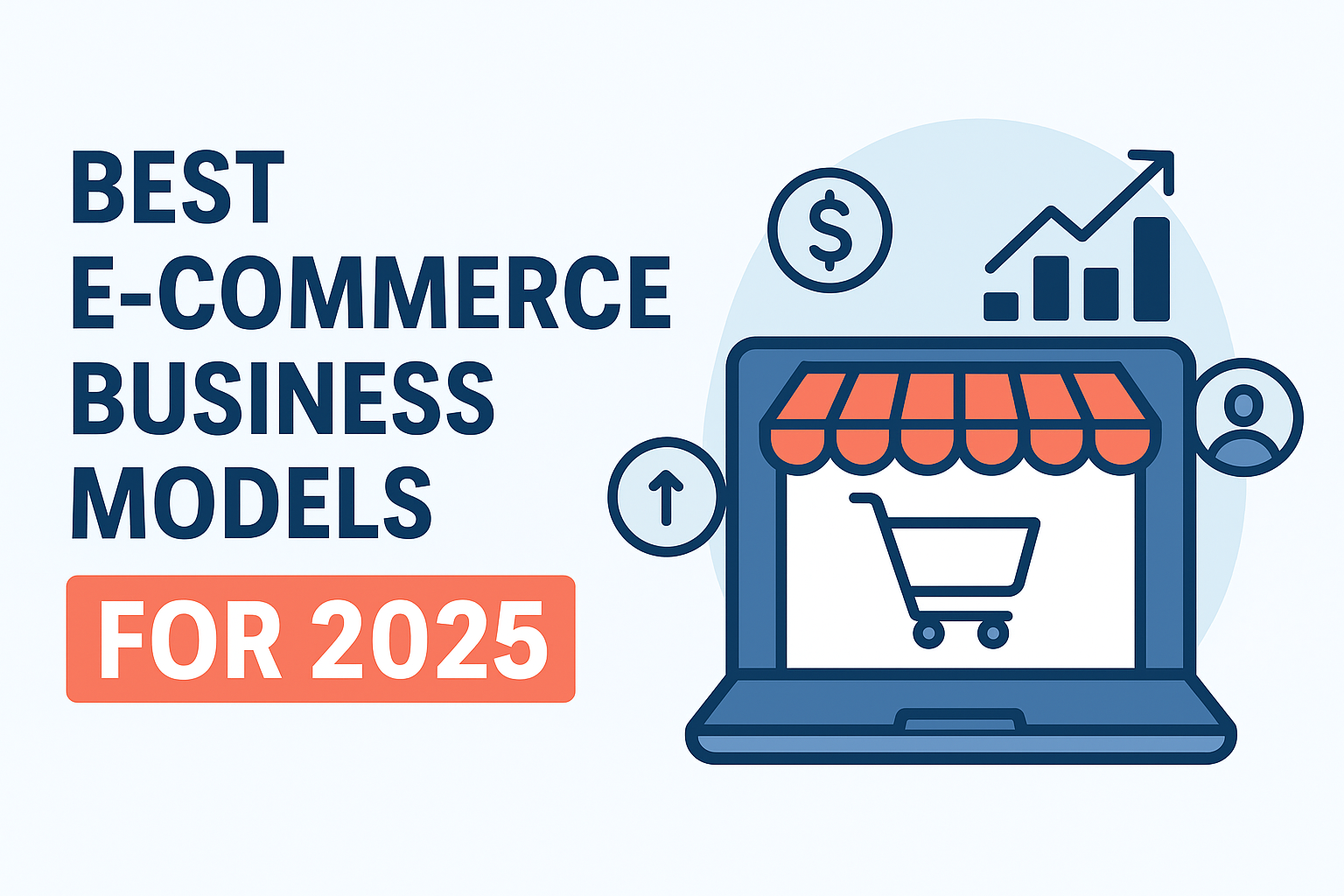How to Use ChatGPT for SEO in 2025 (Step-by-Step Guide)
Introduction
Search Engine Optimization (SEO) has always been about finding the perfect balance between user needs and search engine algorithms. In 2025, the integration of artificial intelligence (AI) into SEO strategies is no longer optional — it is essential. One of the most powerful AI tools available today is ChatGPT, developed by OpenAI. Businesses, bloggers, and marketers are increasingly using ChatGPT to streamline keyword research, content creation, and on-page SEO.
This article explores “how to use ChatGPT for SEO”, highlighting practical steps, benefits, and limitations, while drawing on academic and industry insights.
Step 1: Keyword Research with ChatGPT
“Keyword research is the backbone of SEO.” With ChatGPT, you can generate lists of long-tail keywords, discover semantic variations, and even draft user intent categories.
For example, if your niche is car detailing, you could ask ChatGPT: “Generate long-tail keywords related to paint protection film and ceramic coating in the UK market.”
While ChatGPT produces excellent starting points, it is best combined with SEO tools such as Google Keyword Planner, SEMrush, or Ahrefs for volume and competition validation (Chaffey, 2022).
Step 2: Content Creation and Optimization
“Content is king — and ChatGPT makes it faster to write.”
Using ChatGPT, you can draft blog posts, meta descriptions, and even product descriptions. More importantly, you can instruct it to follow SEO-friendly structures:
- Add H1, H2, and H3 headings with relevant keywords.
- Insert FAQs for Google rich snippets.
- Maintain keyword density around 1–2%.
- Use natural language to improve readability.
ChatGPT can also rewrite older articles, ensuring your site remains updated with fresh content — a crucial SEO ranking factor (Fishkin, 2023).
Step 3: On-Page SEO with ChatGPT
ChatGPT can help with on-page optimization by suggesting:
- Meta titles & descriptions
- URL slugs
- Internal linking ideas
- Schema markup suggestions
For instance, you could prompt: “Write a meta description under 160 characters for a blog about ChatGPT in SEO.” The result will be concise, keyword-rich, and optimized for click-through rates.
Step 4: Link-Building Support
Although ChatGPT cannot generate backlinks directly, it can craft outreach templates for guest posts, partnerships, or influencer collaboration. Personalized, AI-assisted messages save time and increase response rates.
Backlinks remain one of the strongest ranking factors in SEO (Moz, 2023), so using AI to scale your outreach is highly beneficial.
Step 5: Content Personalization
“Search intent is shifting from generic to personalized queries.”
ChatGPT helps tailor content to specific buyer personas. For example, you can request content written for beginners, professionals, or business owners. This personalization enhances dwell time and engagement, which Google rewards.
Step 6: Limitations of ChatGPT for SEO
While ChatGPT is powerful, it is not a replacement for professional SEO tools. Its limitations include:
- Lack of real-time keyword data
- Risk of AI-generated content sounding generic
- Requires human editing to ensure accuracy and originality
Therefore, ChatGPT should be used as a support tool, not a standalone SEO solution.
Conclusion
The integration of ChatGPT into SEO strategies offers a game-changing advantage for businesses in 2025. From keyword research to on-page optimization, AI streamlines processes and saves time. However, human creativity, data analysis, and strategy remain essential to achieving long-term SEO success.
In short, “ChatGPT is not replacing SEO — it is redefining it.”
References (Harvard Style)
- Chaffey, D. (2022) Digital Marketing: Strategy, Implementation and Practice. 8th edn. Pearson Education.
- Fishkin, R. (2023) The Art of SEO in the Age of AI. Whiteboard Friday, Moz.
- Moz (2023) Search Engine Ranking Factors. Available at: https://moz.com (Accessed: 4 September 2025).










































